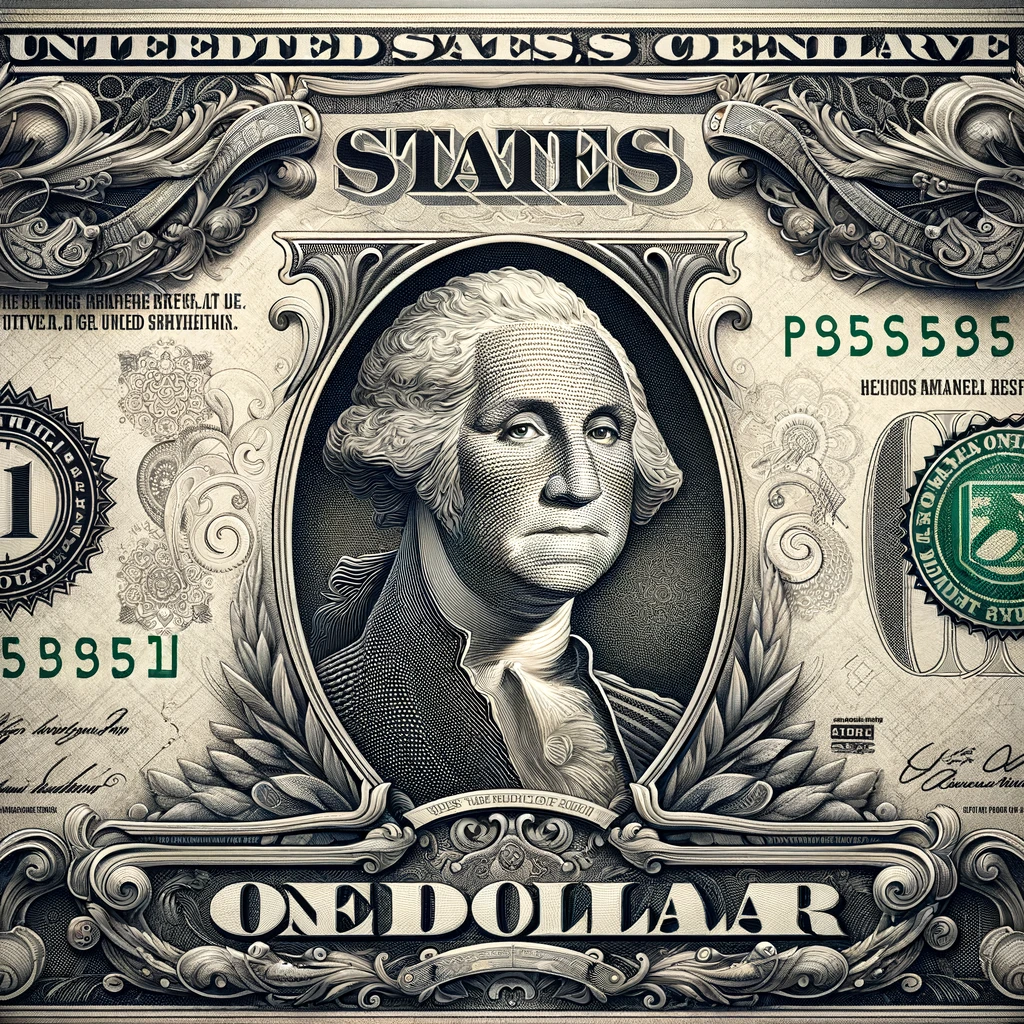In the vast sea of American currency, the faces adorning dollar bills are not mere portraits but windows into history and national identity. Let’s delve into the captivating journey of who appears on the dollar bill, from the distinguished presidents to influential figures who have left an indelible mark on the fabric of the nation.
Deciding the Dollar Bill Faces
The selection process for featuring individuals on US currency remains veiled in mystery. However, the Treasury, under the auspices of the Department of Treasury, holds the authority to make these decisions. While the specific criteria are undisclosed, it is clear that historical significance and contribution to the American narrative play pivotal roles in determining the faces on the bills.
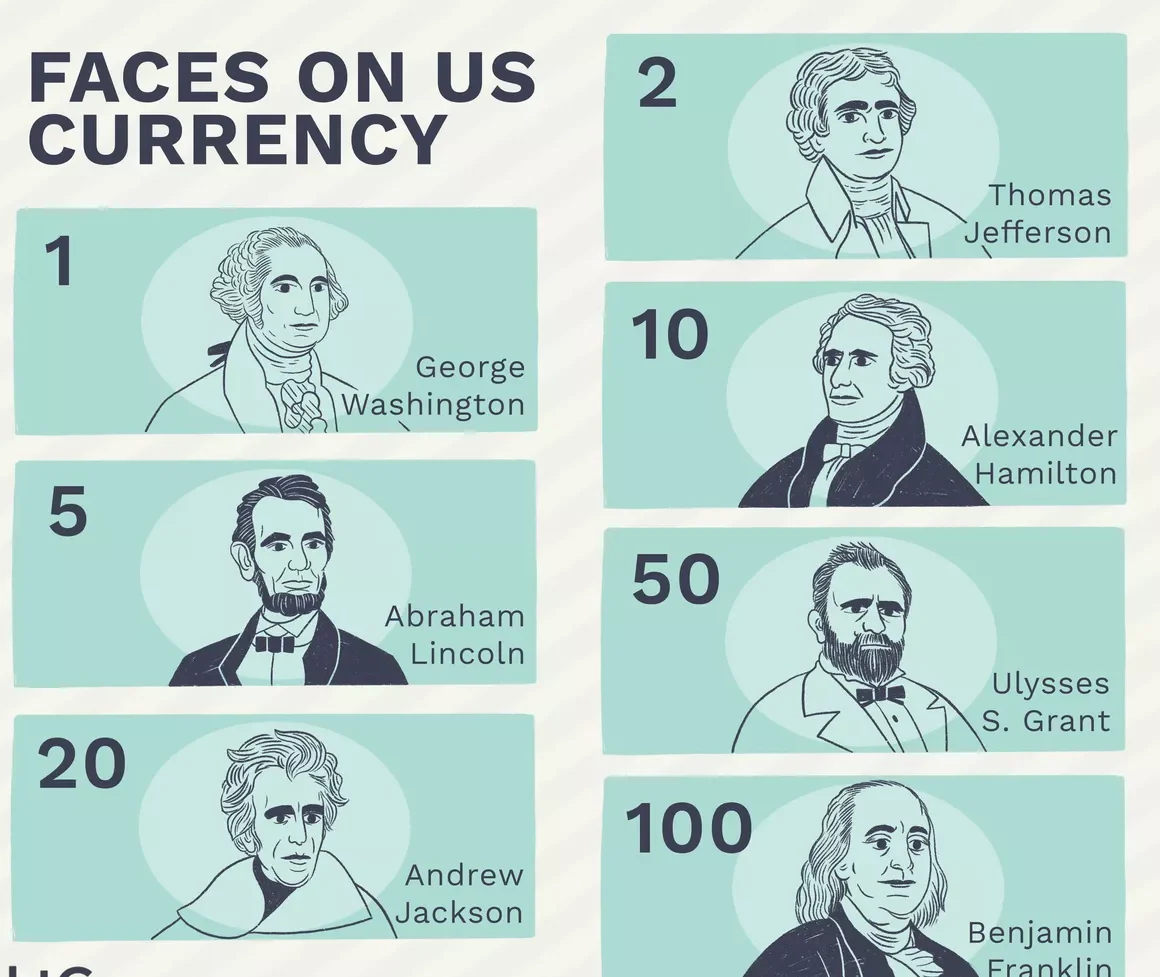
Let’s start by exploring the notable individuals whose faces grace American bills:
| Denomination | Face | Significance |
|---|---|---|
| $1 | George Washington | The first president of the United States, symbolizing leadership and the birth of the nation. |
| $2 | Thomas Jefferson | Founding Father and author of the Declaration of Independence, representing enlightenment ideals and democracy. |
| $5 | Abraham Lincoln | The 16th president of the United States, renowned for his leadership during the Civil War and efforts to abolish slavery. |
| $10 | Alexander Hamilton | Founding Father and architect of the nation’s financial system, known for his contributions to economic development. |
| $20 | Andrew Jackson | Seventh president of the United States, celebrated for his military leadership and controversial policies. |
| $50 | Ulysses S. Grant | Union general during the Civil War and 18th president of the United States, recognized for his role in preserving the Union and advancing civil rights. |
| $100 | Benjamin Franklin | Founding Father, inventor, and statesman, representing intellect, innovation, and diplomacy. |
Dollar Bill Overview
Here’s a quick rundown of key details:
| Article Name | Who is on The Dollar Bill? |
|---|---|
| Country | USA |
| Issuing Organisation | Department of Treasury |
| Currency Type | Paper Currency |
| Dollars Discussed | $10, 20, 50, 100 |
| Criteria for Selection | Contribution and Place in American History |
Also read: Funny WiFi Names
Exploring the Faces
Who is on the $1 Dollar Bill?
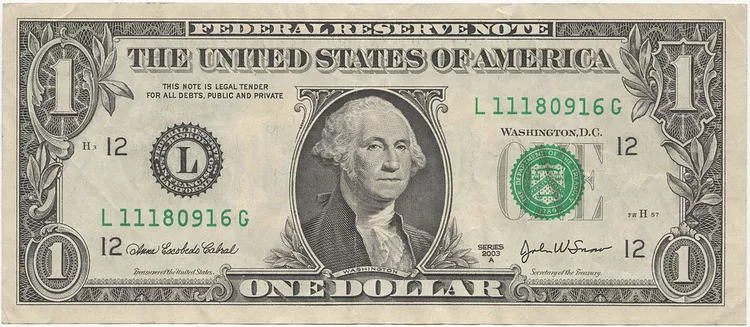
George Washington certainly fits the bill as being among the “persons whose places in history the American people know well,” the Treasury department’s only known criteria for deciding whose face goes on a U.S. bill.
Who is on the $10 Dollar Bill?
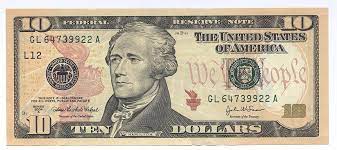
Alexander Hamilton, a Founding Father and the inaugural Secretary of the Treasury, graces the $10 bill. His indelible contributions to the nation’s financial system secure his place on this denomination.
Who is on the $20 Dollar Bill?
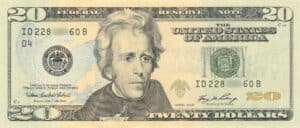
President Andrew Jackson is immortalized on the $20 bill. Known for his military prowess and controversial political legacy, Jackson’s presence on the currency reflects his significant impact on American history.
Who is on the $50 Dollar Bill?
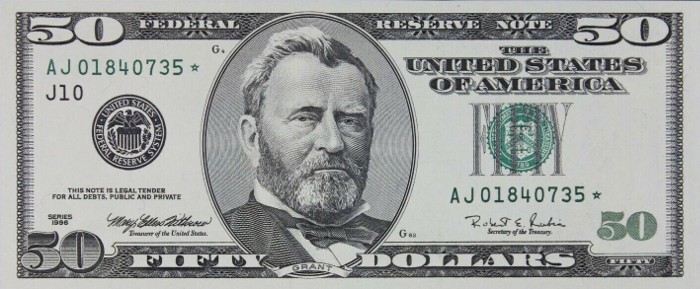
President Ulysses S. Grant commands the $50 bill, commemorating his leadership during a tumultuous period in American history. Grant’s role in navigating the nation through the aftermath of the Civil War solidifies his position on the currency.
Who is on the $100 Dollar Bill?
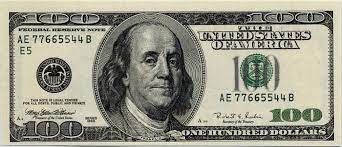
Benjamin Franklin, polymath and statesman extraordinaire, graces the $100 bill. Despite never holding the presidency, Franklin’s multifaceted contributions to science, diplomacy, and nation-building earn him a place of honor on this denomination.
Unveiling Dollar Bill History
The journey of US currency is a saga of innovation, resilience, and national identity. Let’s take a glimpse into its captivating history:
| Year | Milestone |
|---|---|
| 1690 | Introduction of paper currency |
| 1766 | Adoption of the dollar symbol |
| 1791 | Establishment of the Bank of the United States |
| 1914 | Inception of modern dollar bill designs |
| 1785 | Formal adoption of the dollar symbol |
Conclusion
As we unravel the stories behind the faces on US currency, we gain a deeper appreciation for the rich tapestry of American history. From Founding Fathers to eminent leaders, each individual immortalized on the dollar bill serves as a testament to the nation’s enduring legacy.
Questions and Answers
- Q: How are faces selected for US currency? A: The Treasury holds the authority to decide based on historical significance and contribution.
- Q: Who appears on the $10 bill? A: Alexander Hamilton, the nation’s first Secretary of the Treasury.
- Q: Why is Andrew Jackson on the $20 bill? A: Jackson’s military prowess and political legacy earned him a place on the currency.
- Q: Who graces the $50 bill? A: President Ulysses S. Grant, renowned for his leadership during the Civil War era.
- Q: Why is Benjamin Franklin on the $100 bill? A: Franklin’s multifaceted contributions to science and diplomacy earned him this honor.
- Q: When was paper currency first introduced in the US? A: Paper currency was introduced in 1690.
- Q: What is the significance of the dollar symbol? A: The adoption of the dollar symbol in 1766 formalized the currency’s identity.
- Q: Who established the Bank of the United States? A: Alexander Hamilton established the bank in 1791.
- Q: When were modern dollar bill designs introduced? A: Modern designs were introduced in 1914.
- Q: Why are certain individuals featured on US currency? A: Individuals are chosen based on their significant contributions to American history.

